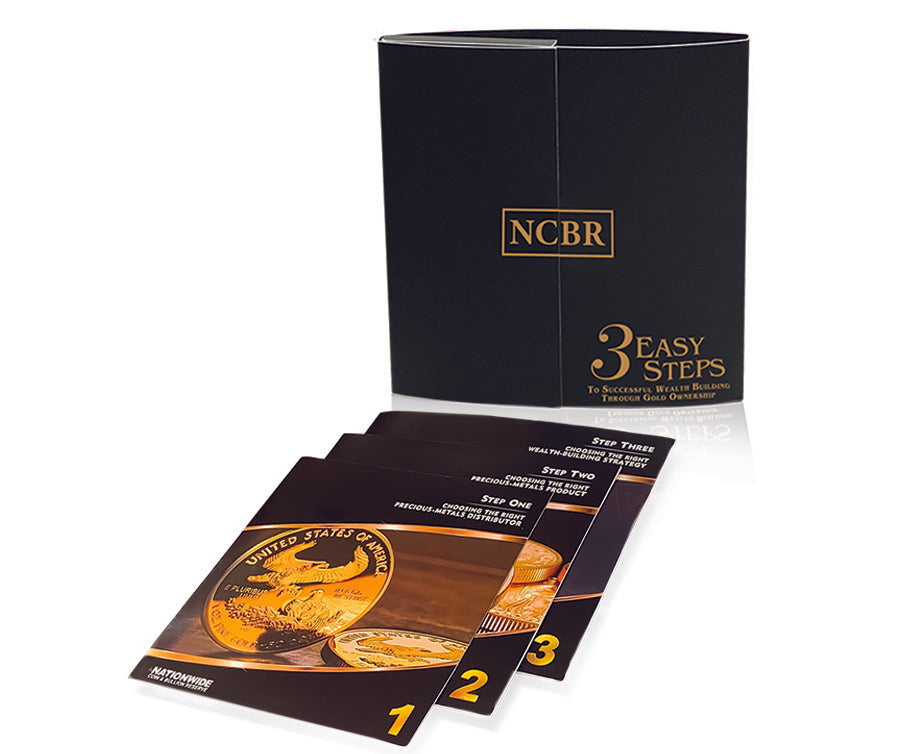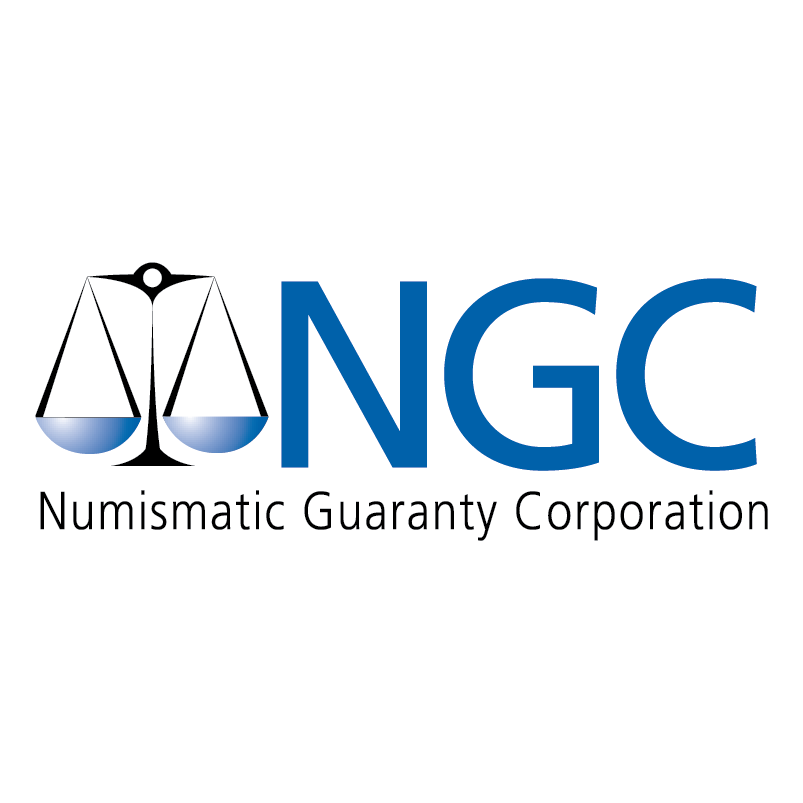If you’ve decided to invest in gold bars, congratulations! You’re on your way to an exciting hobby and investment. One of the big questions most first-time investors have is where they should store their gold bars.
There are many gold bar storage options. Some are safer, while others are more convenient. At the end of the day, the option you choose should serve your biggest priority—whether you want easy, 24/7 access or added security or an official IRS-compliant depository. Whichever option you choose, you should make sure that it complies with all regulations and laws surrounding gold investments.
Here are some of the best gold bar storage options available!
HOME STORAGE
When many people think of home gold storage, they think of burying gold in your backyard or storing it in hollowed-out books. These options are absolutely not recommended—they provide no added security in the event of a robbery or fire.
The best option for at-home storage is to store your gold bars in a secure safe. There are many safes that protect your investment in the case of a fire. The code will prevent burglars from opening it. Large safes or safes that are secured within a wall or floor are not easily stolen either.
PROS
- Easy 24/7 access
- Completely avoids a third-party institution
CONS
- Potential to be stolen or damaged
- Not approved storage for retirement
BANK DEPOSIT BOX
Storing your gold bars in a bank deposit box is a secure way to ensure your gold is safe. While there is still the possibility that your gold could be stolen in the event of a bank robbery, it is a safer option than storing it in your home.
When you store your gold in a deposit box at a bank, you will have to pay a monthly fee, but with that you get the added security that only a bank can offer.
PROS
- Safe location with security measures
- Can give preauthorization for a loved one to access in an emergency
CONS
- Contents of your safe are not insured by the FDIC
- Can only access while bank is open
- Must pay monthly fee
PRIVATE DEPOSITORY
A private depository is somewhat similar to a bank deposit box, but there are a few major differences. First, you’re able to bypass the traditional banking system, which many gold bar holders are wary of. Second, you often get 24/7 access to your deposit box, which is not true for banks.
Some private depositories are approved by the IRS (see below), while others are just secure places to hold valuable goods. It’s important to comply with laws surrounding gold investments, so make sure you meet the correct criteria.
PROS
- 24/7 access
- Security
CONS
- Not insured
- Potential for robbery
- Must pay monthly fee to rent box
GOLD IRA
If you want to use your gold bars as a portion of your retirement, you need to store it in an IRS-approved depository, otherwise it won’t be recognized as official. Not doing so could result in fines, as it is illegal.
You should work with a qualified custodian, who will often take care of that side of the process for you. It’s important to have all your ducks in a row before you invest to make sure you are following all legal regulations.
PROS
- Guaranteed security
- Officially recognized by IRS
CONS
- Can’t easily withdraw gold
- You never actually have the gold in your possession
OTHER THINGS TO KEEP IN MIND
INSURANCE
You will most likely have to get supplemental insurance for your gold bars, as they won’t be covered by the FDIC. Regardless of where you store your gold bars, you should treat them as you would any valuable, such as jewelry. That way, wherever you choose to store your bars, they’ll be covered.
WHO KNOWS THE LOCATION
If you make it widely known where you store your gold, you’re opening yourself up to a greater potential for it to be stolen. Even among your immediate family, you should limit who knows where your gold is. This is also to protect them—in the event that someone asks them, they can honestly say they don’t know.
ACCESS
One important item to keep in mind is how easily you’re able to access your gold at a moment’s notice. In the event of an economic crisis, you might not be able to retrieve your gold from a bank or depository. So while those options are safe, they are also a barrier between you and your gold.
Also, in the event of an emergency, or if you are unable to access your gold yourself, you should make sure someone is able to access your gold on your behalf. This could be a spouse, friend, or child—anyone who you trust will not access your gold without your knowledge.
Real Time Precious Metals Data Below







